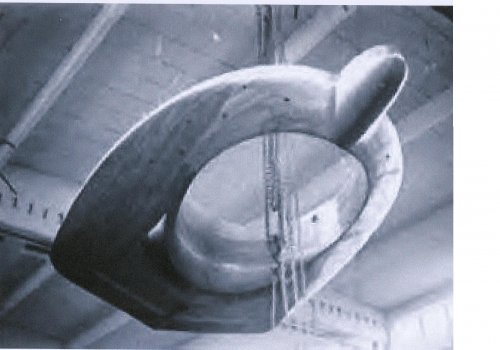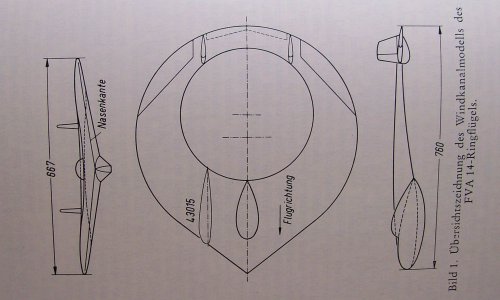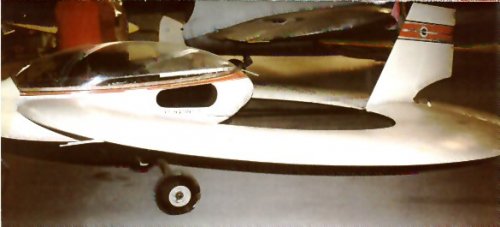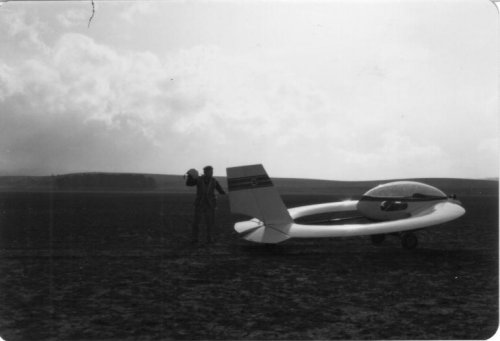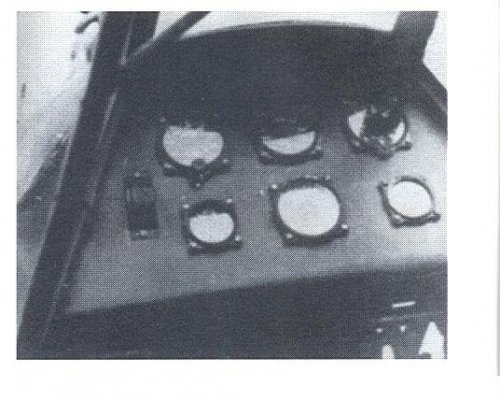edwest said:
I find the level of emotion and quick dismissals on the internet odd and unprofessional.
Exactly. Not wanting to believe in just about every crazy story is normal, keeping a critical eye and distance whenever possible is certainly healthy, but this particular subject seems to be so touchy that simple conjecture doesn't even seem an option to many. How sad.
edwest said:
he recounts the following comments made to him by Werner von Braun:
Von Braun was there back in the Luftwaffe days. He is also the one who almost single-handedly made it possible to send Americans to the Moon in less than a decade... So
if this man actually did say to one US astronaut that Nazi Germany "flew several craft that were totally different" with "very advanced principles", and though there may not be any solid evidence to back it up, I'm willing to give him the benefit of doubt more than anybody else. What is missing here of course is evidence that this conversation between Von Braun and Cooper actually took place... but then thousands of historical events we take as hard fact can only be traced to the written testimony of those who claim they happened. The death of Socrates has never been backed by solid scientific evidence, yet few would question it...
Whatever Nazi Germany was working on, be it in the fields of propulsion, weaponry or medicine, became the Allies' war loot after the war, each taking its share of the pie (the US obviously a little more than the rest).
If any form of highly advanced craft had been developed and tested there (and provided the Germans had not already destroyed all the records), that technology or at least the records thereof WOULD most certainly have ended up in Soviet or US hands.
And
if that technology ever happened to be feasible to the point of actually producing flyable craft, why would the country benefitting from that technology communicate on its findings? Denial is part of military tradition, and if some more conventional programs such as Lockheed's Suntan and A-series could be kept secret for 40 years because they were still considered sensitive, if the secrecy of some 1950s and 1960s programs still hasn't been lifted, what is so disturbing or improbable about the notion that some highly advanced 1940s technology could still be shrouded in secrecy? Personally I have no problem with that.
Werner and Jack were unclear about whether any of them had survived the war's last hectic days.
If such was the case, no wonder they would have been unclear about it. They knew the value of keeping a secret in these times of cold war when the protection of intelligence data was more crucial than ever.





